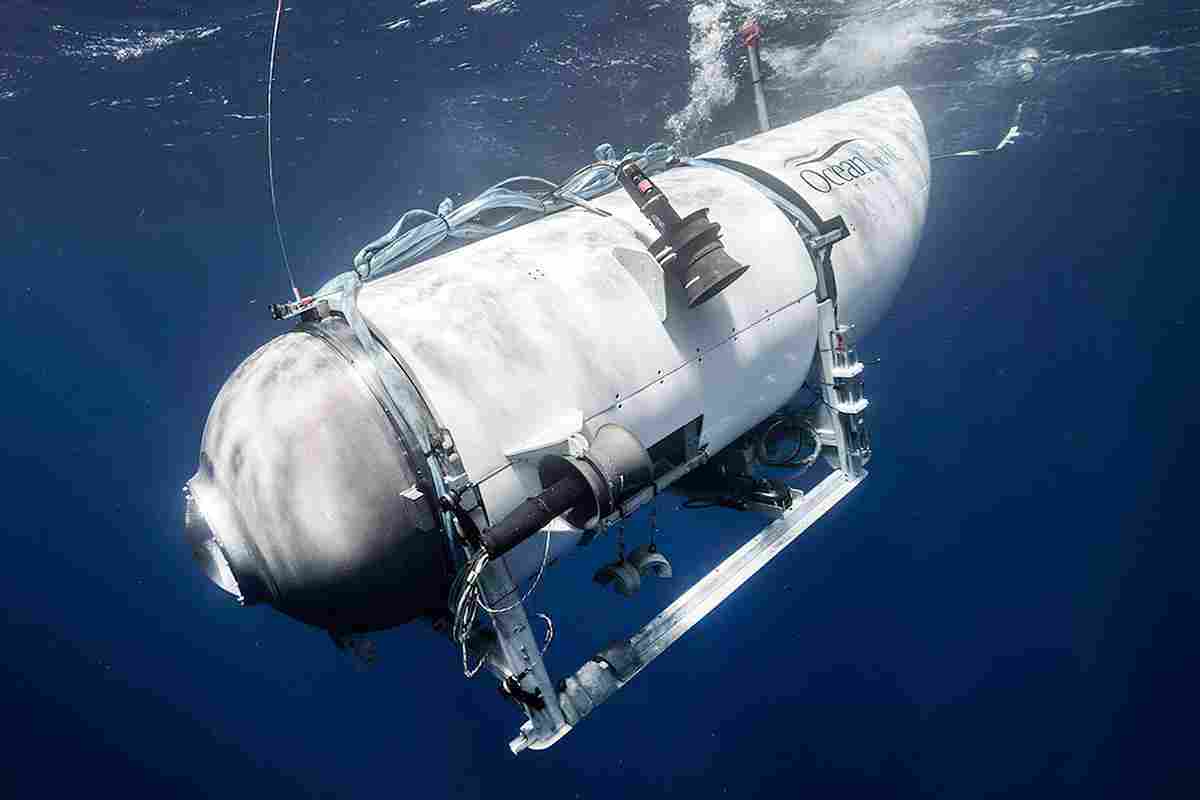Transforming Industries and Shaping Intelligence (AI) and automation are revolutionizing the way we live, work, and interact with the world. These technologies are no longer confined to the realms of science fiction; they are now integral to various industries, driving efficiency, innovation, and growth. AI refers to the simulation of human intelligence in machines that are programmed to think, learn, and make decisions. Automation, on the other hand, involves the use of technology to perform tasks with minimal human intervention. Together, AI and automation are reshaping the future, offering unprecedented opportunities and challenges.
The Evolution of AI and Automation Transforming Industries and Shaping
Early Beginnings
The concept of AI dates back to ancient times, with myths and stories about artificial beings endowed with intelligence. However, the formal foundation of AI as a scientific discipline was laid in the 1950s. Pioneers like Alan Turing and John McCarthy made significant contributions, with Turing proposing the idea of a machine that could mimic human intelligence and McCarthy coining the term “Artificial Intelligence.”
The Rise of Automation
Automation has its roots in the Industrial Revolution, where machines began to replace manual labor in manufacturing. The advent of computers in the 20th century further accelerated automation, enabling the development of programmable machines and robotics. Today, automation spans various sectors, from manufacturing and logistics to healthcare and finance.
How AI and Automation Work Transforming Industries and Shaping
Machine Learning and Deep Learning
Machine Learning (ML) is a subset of AI that involves training algorithms to learn from data and make predictions or decisions. Deep Learning, a more advanced form of ML, uses neural networks with multiple layers to analyze complex data. These technologies power applications like image recognition, natural language processing, and autonomous vehicles.
Robotics and Process Automation
Robotics involves the design and use of robots to perform tasks, often in environments that are hazardous or inaccessible to humans. Process Automation, on the other hand, focuses on automating repetitive tasks using software and algorithms. Robotic Process Automation (RPA) is a popular approach that uses “bots” to automate routine business processes, such as data entry and customer service.
The Benefits of AI and Automation Transforming Industries and Shaping
Increased Efficiency and Productivity
One of the most significant advantages of AI and automation is the boost in efficiency and productivity. Automated systems can perform tasks faster and more accurately than humans, reducing errors and increasing output. In manufacturing, for example, robots can work around the clock without fatigue, leading to higher production rates.
Cost Savings Transforming Industries and Shaping
By automating repetitive and labor-intensive tasks, businesses can significantly reduce operational costs. Automation minimizes the need for human intervention, leading to lower labor costs and reduced overheads. Additionally, AI-driven analytics can optimize resource allocation, further enhancing cost efficiency.
Enhanced Decision-Making
AI systems can analyze vast amounts of data and provide insights that inform decision-making. In healthcare, AI algorithms can analyze medical records and diagnostic images to assist doctors in making accurate diagnoses. In finance, AI-driven tools can predict market trends and guide investment strategies.
Challenges and Ethical Considerations
Job Displacement
One of the most pressing concerns surrounding AI and automation is the potential for job displacement. As machines take over routine tasks, there is a risk of job losses in certain sectors. However, this also creates opportunities for reskilling and upskilling the workforce to take on more complex and creative roles.
Bias and Fairness
AI systems are only as good as the data they are trained on. If the training data contains biases, the AI algorithms can perpetuate and even amplify these biases. Ensuring fairness and eliminating bias in AI systems is a critical challenge that requires ongoing attention and effort.
Security and Privacy Transforming Industries and Shaping
The increasing reliance on AI and automation raises concerns about security and privacy. Automated systems can be vulnerable to cyberattacks, and the vast amounts of data they process can be a target for breaches. Ensuring robust security measures and protecting user privacy are paramount.
The Future of AI and Automation Transforming Industries and Shaping
AI in Everyday Life
AI is becoming increasingly integrated into our daily lives, from virtual assistants like Siri and Alexa to personalized recommendations on streaming platforms. As AI technology continues to advance, we can expect even more seamless and intuitive interactions with smart devices and services.
Autonomous Systems
The development of autonomous systems, such as self-driving cars and drones, is a significant area of growth. These systems rely on AI and automation to navigate and make decisions in real-time. The widespread adoption of autonomous systems has the potential to transform transportation, logistics, and even urban planning.
AI in Healthcare
AI is poised to revolutionize healthcare by enabling early diagnosis, personalized treatment, and efficient management of medical resources. AI-driven tools can analyze medical images, predict disease outbreaks, and assist in drug discovery, leading to improved patient outcomes and reduced healthcare costs.
Smart Homes and Cities
AI will play a central role in the development of smart homes and cities. From energy-efficient lighting systems to intelligent traffic management, AI will optimize resources and improve quality of life. Smart home in devices will learn user preferences and adapt to their needs, creating a seamless living experience.
Also visit for more information
Ethical AI and Governance Transforming Industries and Shaping
As AI and automation become more pervasive, the need for ethical guidelines and governance frameworks becomes increasingly important. Ensuring that AI systems are transparent, accountable, and aligned with human values is crucial for building trust and maximizing in the benefits of these technologies.
Conclusion: Transforming Industries and Shaping
AI and automation are transforming industries and shaping the future in ways that were once unimaginable. While these technologies offer immense potential, they also present challenges that need to be addressed. By fostering innovation, promoting ethical practices, and investing in education and reskilling, we can harness the power of AI and automation to create a better, more efficient, and equitable world. The journey is just beginning, and the possibilities are endless.










